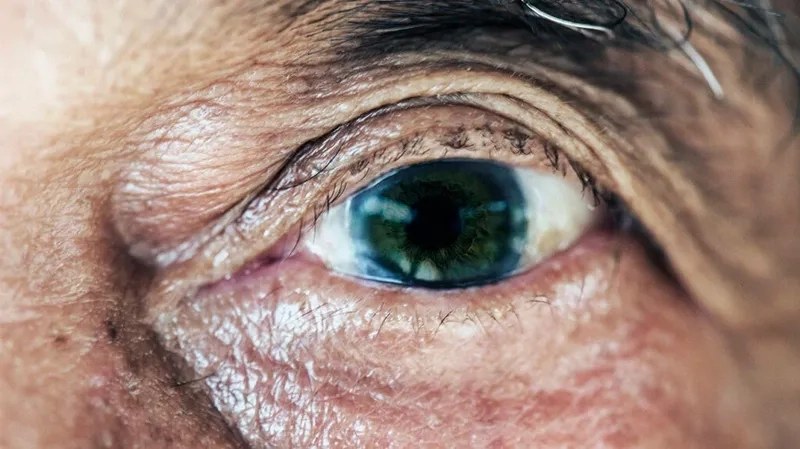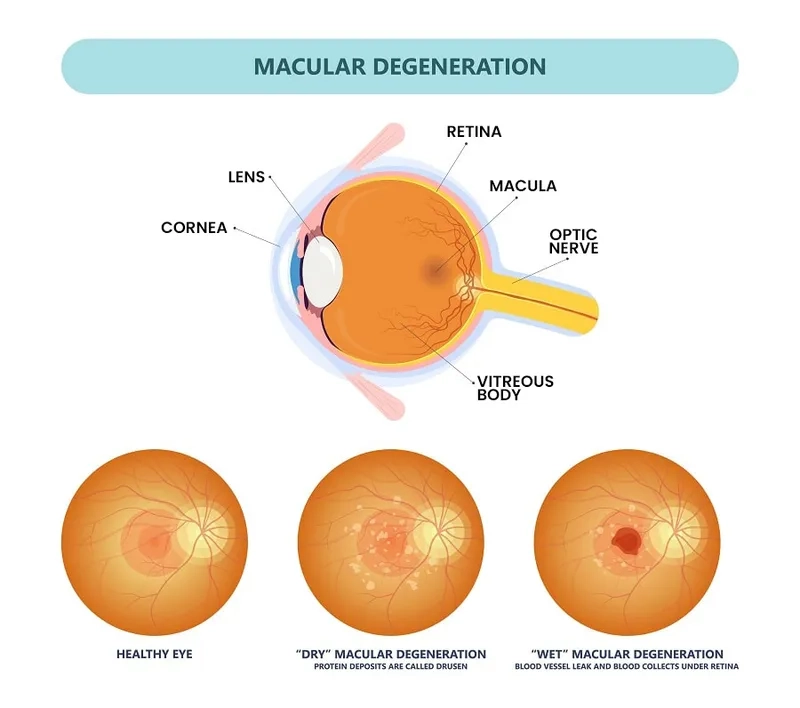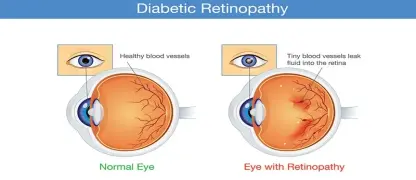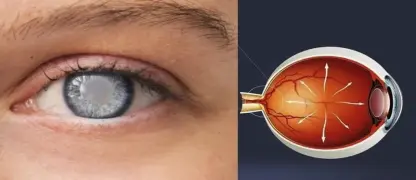Is your vision becoming blurry or distorted? Don't dismiss it as just aging. Understanding the early signs of macular degeneration is your best defense against irreversible vision loss. Get the crucial information you need to protect your eyesight for years to come.
What are the main causes of Macular Degeneration?
- Age-related macular degeneration (AMD) is primarily linked to the natural aging process, as cellular debris accumulates in the macula, impairing its function over time.
- A family history of the disease significantly increases your risk, indicating a strong genetic component in the development of both dry and wet macular degeneration.
- Lifestyle factors like smoking, a poor diet low in antioxidants, high blood pressure, and excessive sun exposure are known to accelerate damage to the macula.

Key symptoms of Macular Degeneration to watch for
- A key sign is blurred or fuzzy central vision, making it difficult to read, drive, or recognize faces clearly while your peripheral vision remains intact.
- Straight lines, such as door frames or sentences on a page, may appear wavy or crooked, a classic AMD symptom known as metamorphopsia.
- You might notice a dark, blurry, or empty spot in the center of your vision, which can grow larger over time, significantly impacting detailed tasks.
How can you prevent Macular Degeneration effectively?
- Eat a diet rich in leafy greens and consider specific vitamins for macular degeneration, such as the AREDS 2 vitamins, to support macular health.
- Quit smoking, maintain a healthy weight and blood pressure, and wear sunglasses that block UV light to protect your eyes from harmful radiation.
- Schedule regular comprehensive eye exams, including a macular degeneration test like the Amsler grid, for early detection, which is vital for effective treatment.
>>> Discover more: Pasteurellosis - A bacterial infection from animal bites
Image illustrating the effects of Macular Degeneration on vision




>>> See details: Understanding HIV/AIDS - symptoms, treatment, and prevention
Early detection is vital for managing macular degeneration. While there's no cure for dry AMD, macular degeneration treatment can slow wet AMD. If you notice any vision changes, consult an ophthalmologist immediately for a proper diagnosis and care plan.
>>> Don't miss: Glaucoma - protecting your vision and long-term eye health




